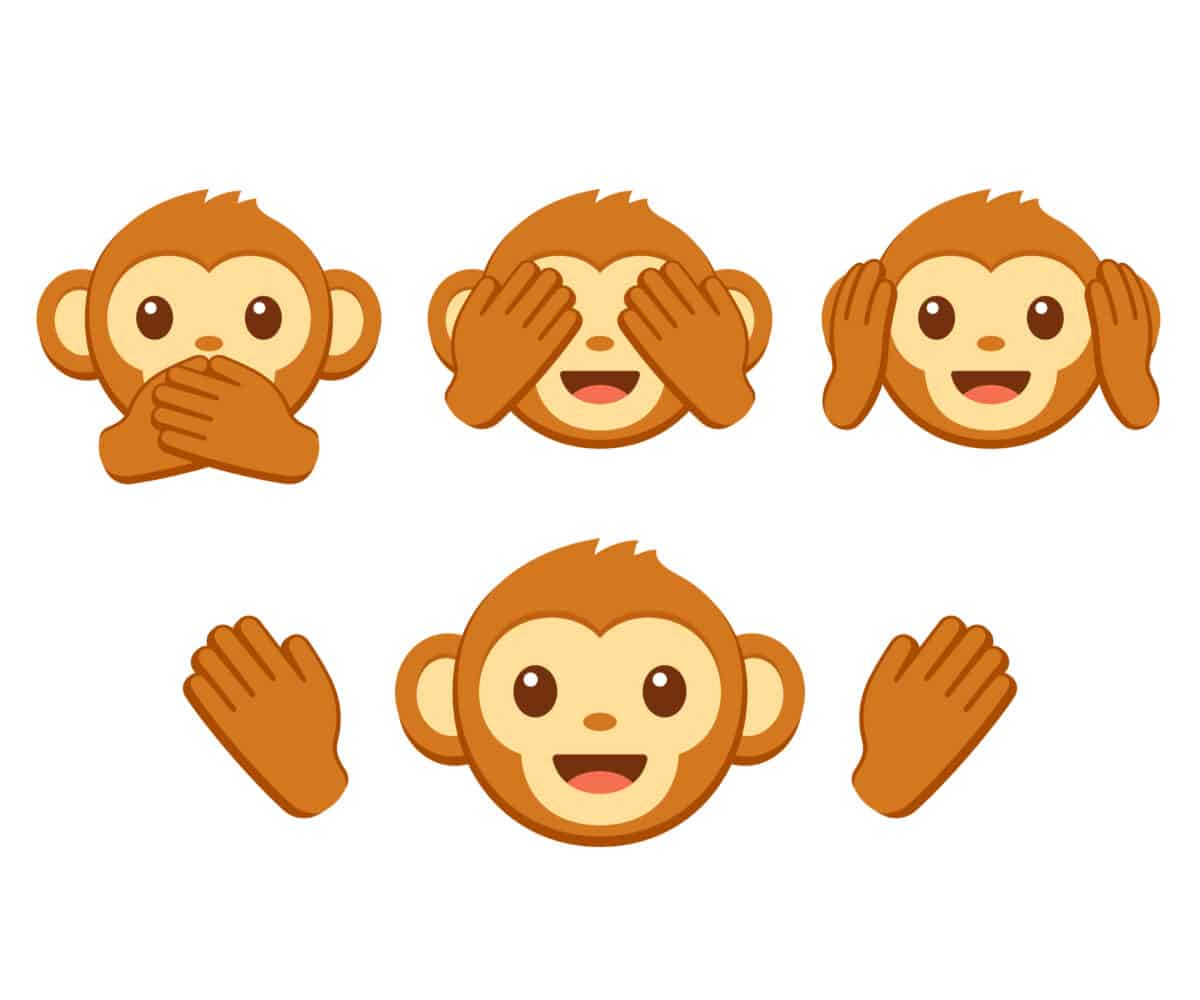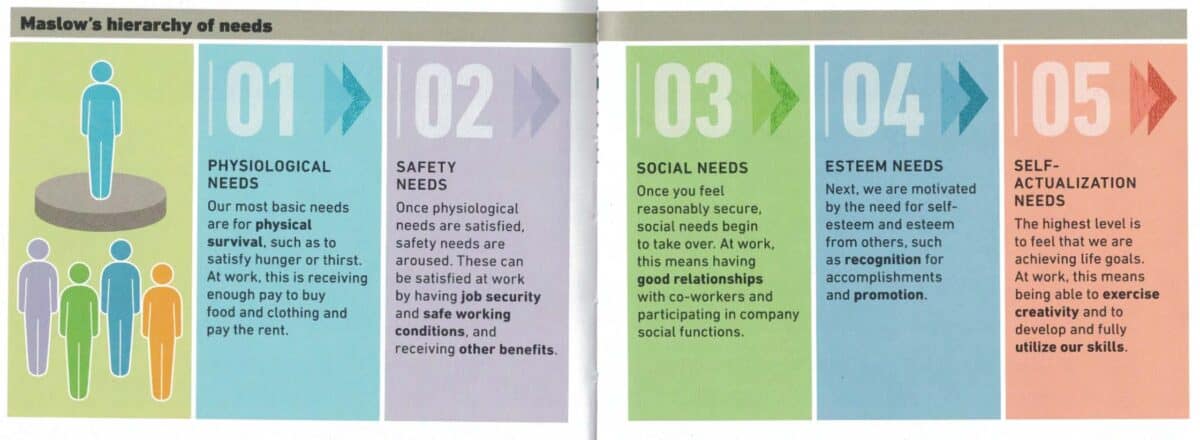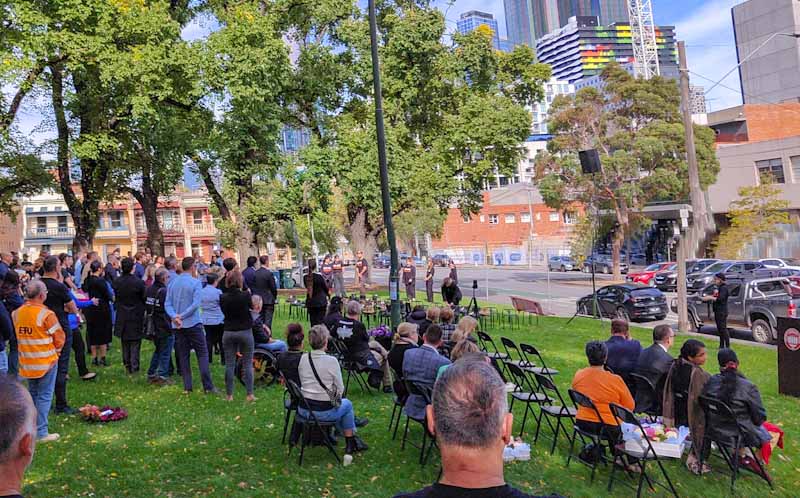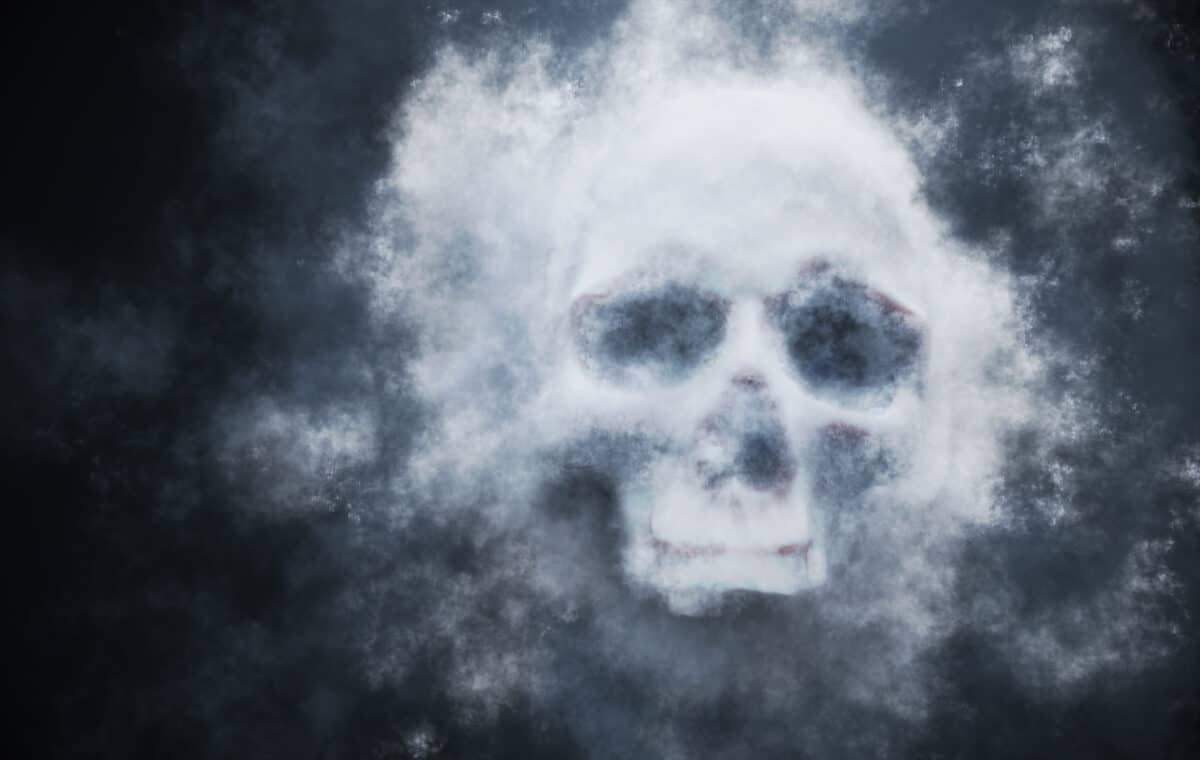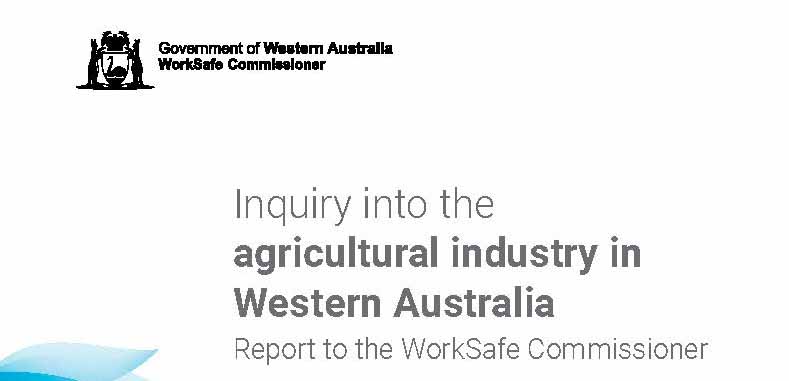Occupational health and safety (OHS) needs new thinking. One of the most important elements of successful OHS comes from Consultation – a sensible process and one required by law. A major process for OHS consultation in those laws is through the Health and Safety Representatives (HSRs). This legislative (recommended) option was practical but is now almost an anachronism, yet the OHS regulators continue to support the process because it is in the OHS laws. And few will speak against the process because it is being maintained by the trade union movement as one of the last legacies of political influence over workplace health and safety.
This month Queensland government released its report into the review of its Work Health and Safety laws with these two of the three categories of recommendations:
- “elevation of the role of health and safety representative (HSR) at the workplace
- clarification of the rights of HSRs and worker representatives to permit them to effectively perform the role and functions conferred upon them and to remove unnecessary disputation,….”
The absurdity of HSRs’ persistence can be illustrated by the rumour that WorkSafe Victoria will encourage sex workers to follow the HSR consultative process through the OHS guidance expected to be released later this year.

